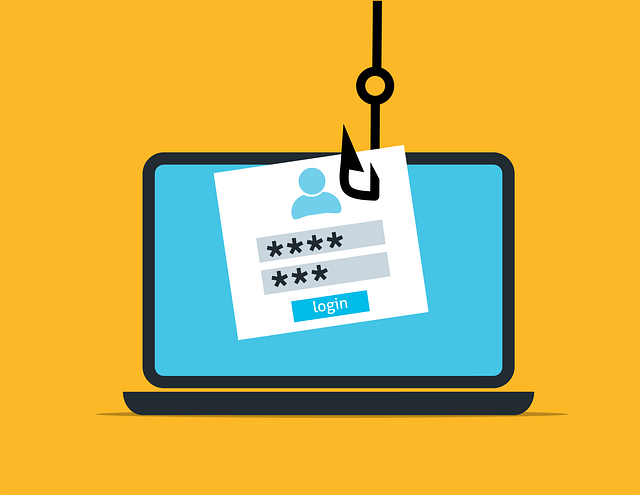In today’s digital landscape, loyalty programs like reward cards have become a standard feature offered by many companies to engage customers and encourage brand loyalty. These programs promise enticing rewards in exchange for your data, yet few consumers realize just how much personal information they are handing over. This article sheds light on the ways companies use your email and purchase data to track your habits, target their ads, and even share this data with third parties, impacting various aspects of your online and offline life.
How Loyalty Programs and Rewards Cards Track You
For years, major retailers and supermarkets, such as Tesco in the UK, have offered loyalty cards that grant discounts or vouchers based on purchase points. While these perks may seem appealing, they come with a catch. When you use these loyalty cards, every purchase is meticulously recorded. By analyzing your buying habits, companies can build detailed demographic profiles on your preferences, spending capacity, and shopping patterns. According to a report by The Guardian, these insights allow companies to predict and influence your future shopping behavior.
Using Email Address as a Tracking Tool
Your email address is a powerful tool for companies looking to piece together your online presence. When you register on multiple sites or social media networks using the same email, companies can cross-reference data to learn even more about your interests, shopping habits, and preferred brands. They can use this information to target ads and promotions that appeal specifically to your demographic profile, which can feel invasive without your direct knowledge or consent.
Tracking Beyond Loyalty Cards: Credit and Debit Card Data
The reach of tracking goes beyond reward cards. Ordinary Visa or Mastercard purchases are also analyzed and sometimes sold to third-party analytics firms. These firms study market trends and customer behaviors, then offer insights back to companies. This allows corporations to stay ahead of consumer trends and further customize marketing efforts to tap into specific buyer demographics, raising questions about privacy.
Financial Services and Social Media Data
Banks, insurance companies, and other lenders have also jumped on the data-sharing bandwagon. Many of these institutions purchase data from social media and online forums to inform decisions like loan approval or insurance eligibility. In some cases, individuals have been denied insurance or loans based on things they posted online, further illustrating the extent of data surveillance in our daily lives.
Privacy Agreements: What They Don’t Tell You
Though companies often disclose data-sharing policies in their privacy agreements, these are usually buried in complex, hard-to-read terms and conditions. Most users skim over this legal jargon, unaware of what they are agreeing to. The vague language in these documents only adds to the confusion, leaving many users in the dark about the extent of the tracking and data sharing they have signed up for.
Protecting Your Privacy: What You Can Do
The average person is often unaware of how much their data is being tracked and shared. For anyone concerned about their privacy, using a temporary email address can help keep your personal life more private. Temporary emails can provide an added layer of anonymity, helping you protect your identity and personal data from unnecessary tracking and cross-referencing.
Conclusion
While data tracking practices are common, their lack of transparency raises concerns. Companies are using our everyday interactions—down to each purchase and social media post—to create detailed profiles that drive targeted advertising and inform financial decisions. To retain a sense of privacy, it’s important to understand these tactics and take precautionary measures like using temporary emails or reading privacy policies more thoroughly.




